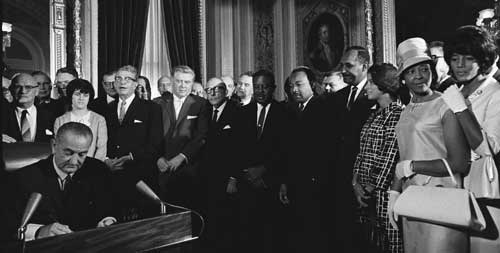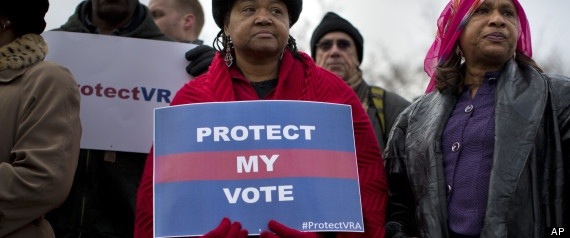The streets is a term often used in Black colloquial conversation. Black often hear the term and inherently understand what it means. When we say to one another that someone is “in the streets,” or (one of my little sister’s favorite phrases) “they ain’t shit in these streets,” or (one of grandmother’s constant criticisms of one of my cousins) “ll he wanna do is run the streets,” we instinctively know what that person means. However, the streets is more than just a word. This evidenced by how long the term has been around — long enough for my then seventy year old grandmother and my sister who was born in 1989 to both know, understand, and use the term. The streets is more than just a phrase. It is a concept and ideology that has a physical presence; it is an institution.
There are a number of scholars exploring this topic:
Elijah Anderson- The Code Of The Street
William Oliver- The Streets
The Concept
The streets is a network of public and semi-public social settings. The streets is inclusive of the corner which is where the dope boys hang and push their products. The streets is where the clubs, bars, and liquor houses are. The streets is where the convenient stores, liquor stores, and recreational centers are.
The streets is a concept in Black culture that often represents that improper space where — according to well-to-do Blacks — the “lower” and “working class” Blacks interact. This space holds a great potential for the wild, dangerous, risky, and uninhibited aspect of Black life. That is part of the allure of the streets — along with the fact that it is frowned upon by older Black people who believe it can only lead to trouble.
The streets for my generation and those younger than us is sometimes home and always a staple. There are plenty who fear or are intimidated by the streets but no one denies its existence and no one automatically assumes that it is an evil place. For my generation running the streets is phase one goes through. It is expected that at some point a person will get tired of it and eventually settle into a grown up life where the streets is not the focus.
The Institution
The streets as an institution is the “school of the hard knocks.” It’s a competitive game of poker and Russian roulette where you take risks, call bluffs, and only the fittest survive. The streets has its own ideology born of neglect, oppression, and the will to survive. Much of the ideology of the streets is concerned with surviving poverty and overcoming oppression. At its core is the idea that you do what you have to do to get by and protect and care for your own. Everything and everyone else is secondary. This is a concept that is quietly perpetuated by capitalism. Capitalism is all about competition, acquiring wealth, and maintaining that wealth by any means necessary.
Despite the fact that mainstream would like to paint the streets and its ideology as something uncivilized and disassociated from society, in fact, it is the purest illustration of the American ideals. In so many ways the streets represents the glossed over truth of who we are as a people and a society. This fact is what scares people so much and causes them (especially those who are close to but not a part of it) to demonize the streets. Somewhere in the ruthlessness, the danger, and darkness of the streets they see Wall Street, politics, healthcare, big business and even themselves. I submit to you that the streets is neither a foreign place nor is it the enemy of society. If anything the streets is the bastard child America thought it aborted, but it refused to die.
The Point
It is imperative to understand the vocabulary that articulates our lives and translate that language to the rest of the world. Our vocabulary is our reality and we’d better define it for ourselves or the world will do it for us and stain it with their ignorance.
I’m not sayin; I’m just sayin,
An Angry Black Man
The symbolism and significance of “the street” in Black culture.









